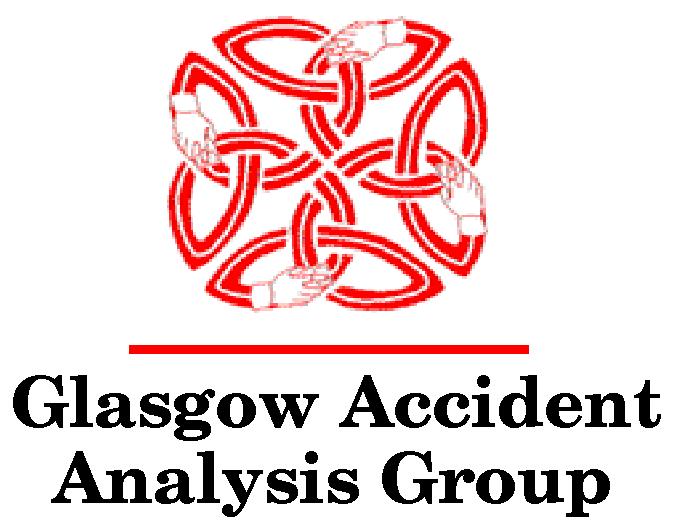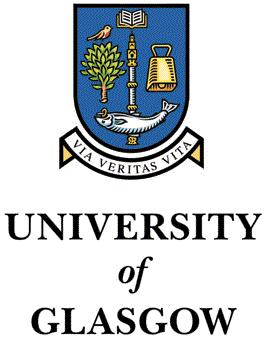

Human Decision Making and Control
15th and 16th July 2002,
The Senate Room,
University of Glasgow.
New:
Final Programme | Registration? | Instructions for Authors? | Best presentation award | Programme for the Investigation and Reporting of Incidents and Accidents immediately after EAM.
EAM 2003 will run between 2-4 June at Linköping University.
Themes:
Human operators continue to play a critical role in protecting the safety in many different domains. In spite of recent advances in automated control and in process integration, human decision making must still be explicitly considered within the safety-cases that support many complex production processes. In areas such as medicine, the introduction of computer-based diagnostic aids has simply refocussed attention on the errors that can arise in interpreting the results provided by these systems. In aviation, the introduction of glass cockpits has provoked new forms of error that were not common in previous generations of aircraft. These observations explain why the central topics of EAM2002 continue to be as relevant today as they were when the series was started in 1981. Papers are encouraged on, but not limited to, the following topics:
|
|
EAM2002 will bring together young and more established researchers from different disciplines of the human-machine system field. The intention is to provide a relatively informal forum that will encourage the exchange of ideas both about established and on-going research. This meeting will be immediately followed by the Workshop on the Investigation and Reporting of Incidents and Accidents in Glasgow. We have organised both meetings in the same week to encourage delegates to stay on and to support the transfer of ideas in these complementary areas. The intention is that delegates will be able to register for both meetings at a reduced rate.
Deadlines: Authors should submit full papers not exceeding 4000 words to Chris Johnson to arrive by 10th April 2002. Electronic submissions are encouraged. Authors will be notified of the committee's decision and revised full papers must be returned by 10th June for inclusion in the proceedings. There will be preprints of all of the papers at the workshop. The intention is that selected papers will be published in a special edition of either Interacting With Computers or the Journal of Reliability Engineering and Systems Safety.
Programme Committee:
|
Jim Alty, Loughborough Univ., UK. Henning Anderson, Danish Research Labs. Risoe. Stuart Anderson, Univ. of Edinburgh, U.K. Guy Boy, EURISCO, France. P. Carlo Cacciabue, European Research Centre, Italy. Stephane Chatty, CENA, France. John Fox, Imperial Cancer Research Fund, UK. Corin Gurr, University of Edinburgh Denis Javaux, Univ of Liege, Belgium. Chris Johnson, Univ. of Glasgow, Scotland. Richard Kennedy, NATS, UK. |
Barry Kirwan, EUROCONTROL, France. Philippe Palanque, Univ. Toulouse 3, France. Morten Lind, Danish Technical Univ. John McCarthy, University College Cork, Ireland. Amy Pritchett, Georgia Tech., USA. Penelope Sanderson, Univ. of Queensland, Australia. Neville Stanton, Brunel Univ., UK. Kim Vincente, University of Toronto, Canada. Peter Wieringa, Delft Univ. of Technology, NL. Peter Wright, University of York, UK. |
Further Information:
| Programme? | Registration? | Social programme? |
Visiting the University of Glasgow?
|